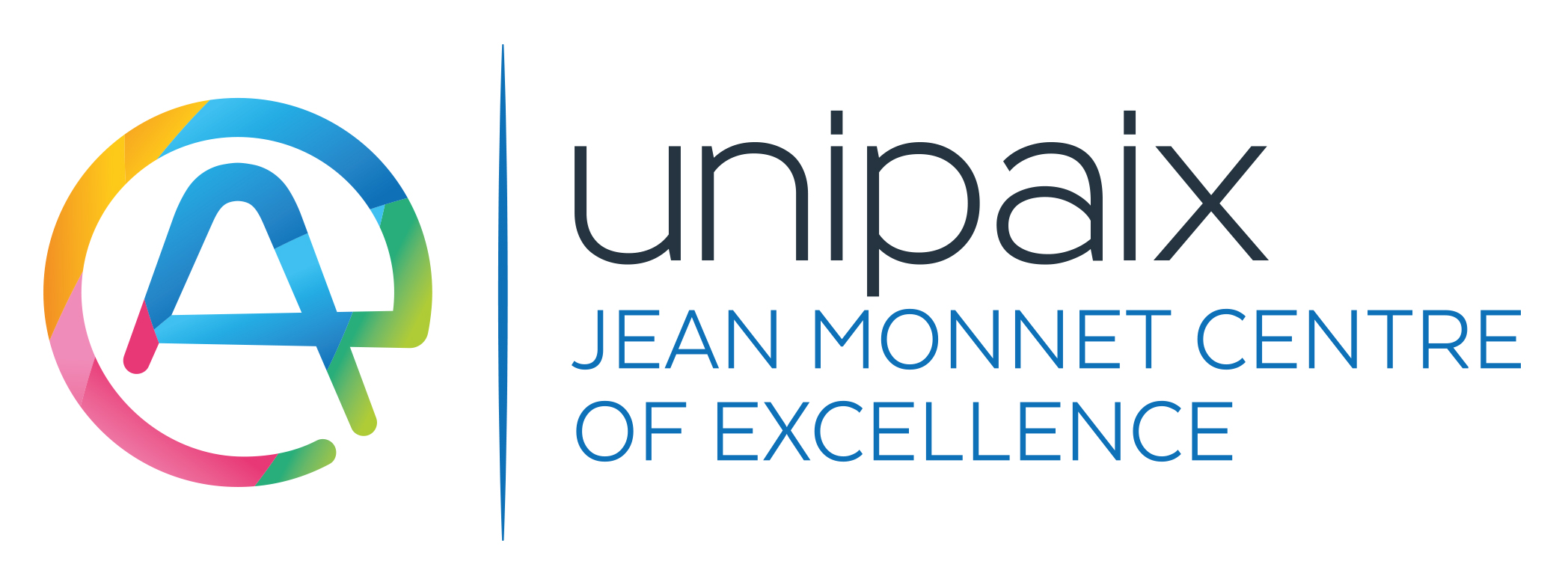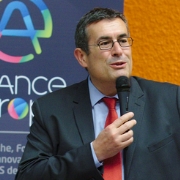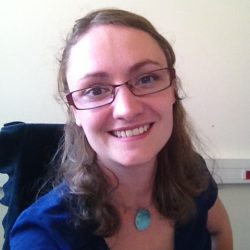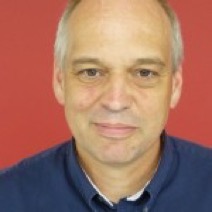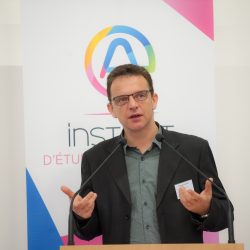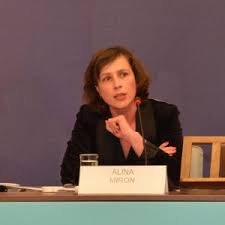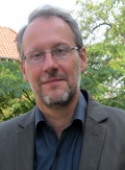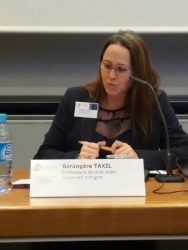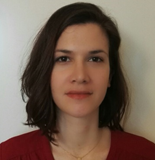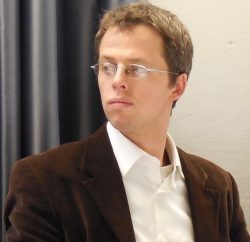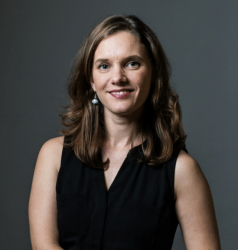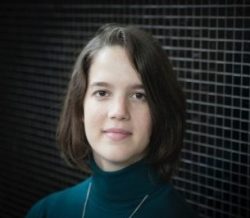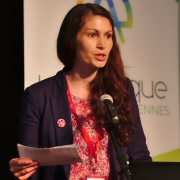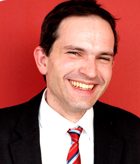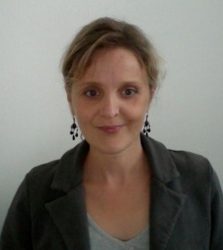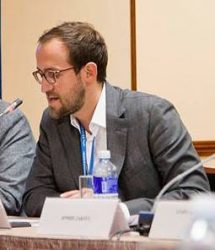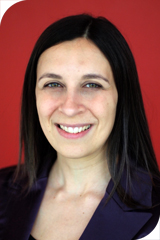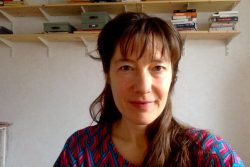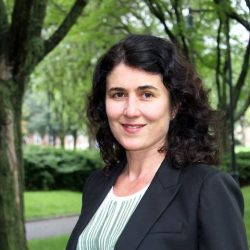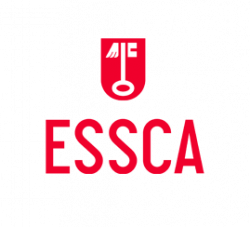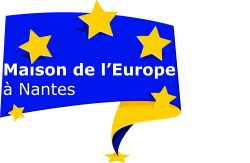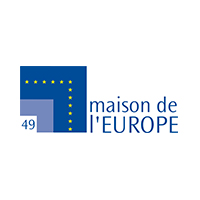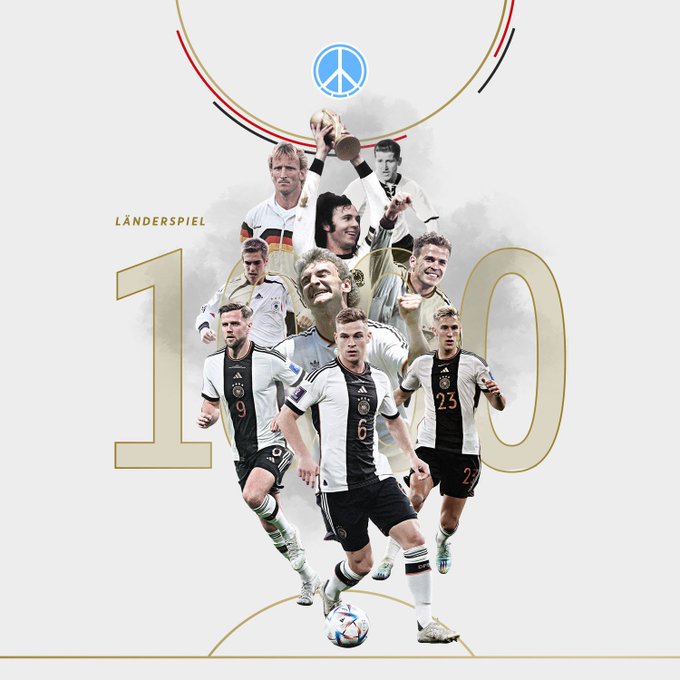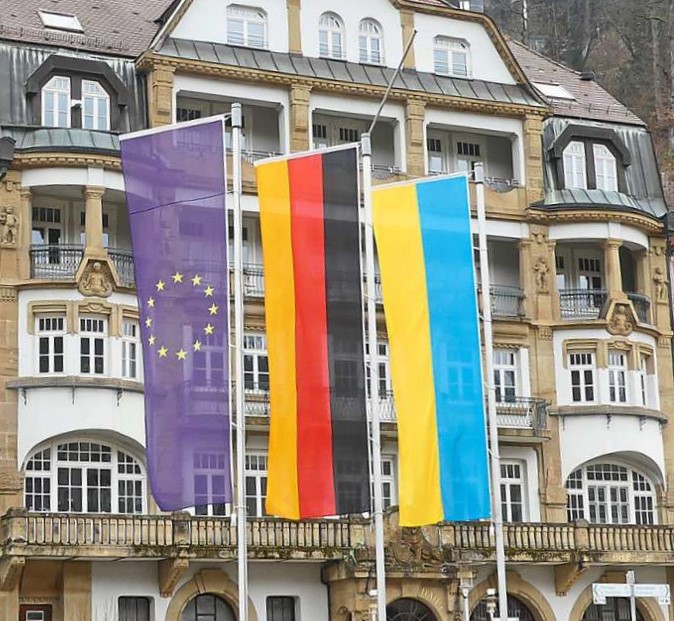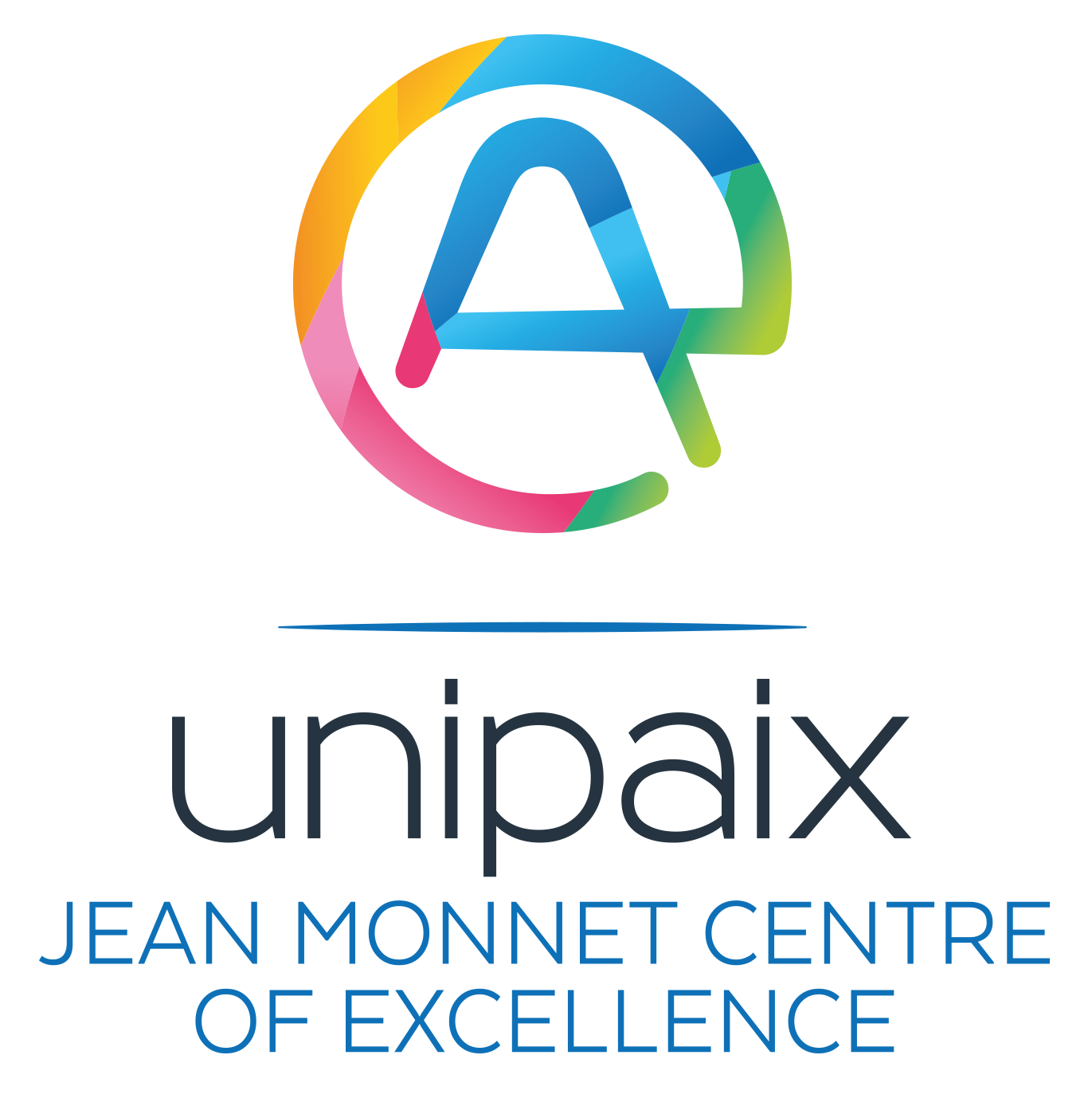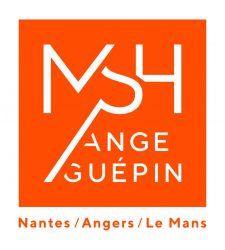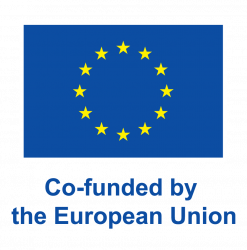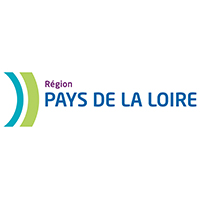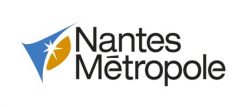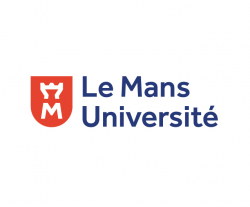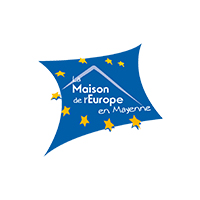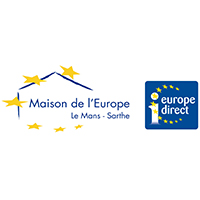Gathering 20 professor-reaserchers from Nantes Université, the University of Angers and from the ESSCA, the Jean Monnet Center of excellence UniPaix aims at bringing back the peace studies – a field of research less deveveloped within the French universities – at the center of the European studies, by cross-disciplinary works in contemporary history, international law, political sciences and civilization in three fields of study :
- Thinking the peace: peace as a threatened and questionned fundamental value of the European Union
- Maintaining peace: European defence and peace maintaining policies
- The peace players: peace cultures, education to peace, mobilizations and engagments for peace
The European Union has been a pluridisciplinary area of lasting peace. Nonetheless, the crises that have hit Europe since 2005 strongly disrupted the Union and its Member States, increasing the differencies and questionning the unification meaning, by challenging the values on top of which is based the common project.
The necessity to establish a long lasting peace within the Union, accepted by all in the aftermath of the two World wars trauma, seems to no longer rally the public opinions. The Europeans take – rightly or wrongly – the peace for granted, rather than seeing it as a goal to target. However, if weapons fell silent between the Member States and within the States themselves, history shows that a perpetual peace is only possible if obstinately preserved.
Peace is an essential piece of the European individual and collective well-being maintaining, which should not only be seen in terms of health or happiness, but also as a global approach of the security at individual, local, national, European and worldwide levels aiming at facilitating the human fulfillment. Peace remains the first guarantee of a way of living together, weakened for thirty years by the social consequences of globalization, the rise of nationalism, the questioning of the rule of law, new exterior threats and new forms of conflictuality.
The return of interstate warfare in Europe with Russia’s invasion of Ukraine on February 24, 2022, demonstrates the EU difficulties to manage a major international crisis, and to defend the peace on the continent. The European Union is still searching for its sovereignty, a credibility and a dissuasive force in an unstable and conflictual international system.
In this context, how can peace be always preserved as a fundamental value on which lays the Union? How can the Europeans be players and promoters of peace in the world? Is the European Union able to defend peace without the dissuasive arguments of a major world power while the force policies are back on the international scene? The concept of peace questions the foundations of the European project, the future of the – still partial – unification process and of the European societies as a whole, but also the policies pursued by the European Union, within and outside of the continent. The Union has to reinvest the idea of peace in all its dimensions.
The CEJM UniPaix also plans an important valorization work of the results of its research on Europe and peace, and to ensure its dissemination of the knowledge to the general public. Parts of the communication are accessible on the CEJM website, on social media, or as part of an occasional collaboration on its Youtube platform. Aside of the events, the Center also aims at developing innovating and cross-disciplinary training courses promoting internationalization. Among them, the Master degree Peace, International Negotiations and Diplomacy (DIPLO) is already accessible in the training offer of Nantes Université.
Finally, the analyses formulated during scientific manifestation such as symposiums or seminars, but also dialogues organized with the civil society during public debates will be shared with the regional, national and European political and institutional players, in order for these reflections to benefit directly to the populations.
An Erasmus+ project Jean Monnet
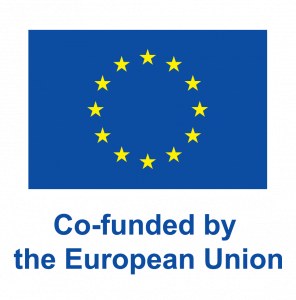
Funded by the European Union. Views and opinions expressed are however those of the author(s) only and do not necessarily reflect those of the European Union or the European Education and Culture Executive Agency (EACEA). Neither the European Union nor EACEA can be held responsible for them.

